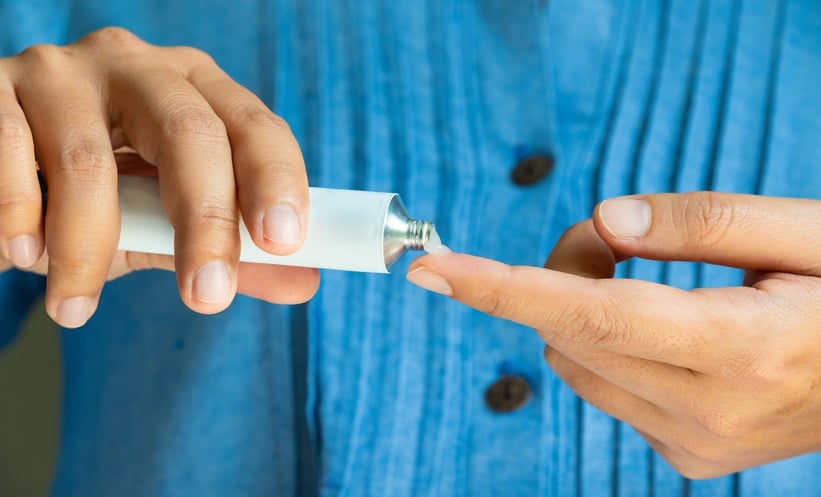TOPICAL steroid withdrawal (TSW) has garnered increasing attention among patients and on social media, raising significant concerns. TSW typically manifests as a burning, erythematous, and painful skin reaction following the discontinuation of topical glucocorticoids (TGCs). While it lacks a clear clinical definition, symptoms often include skin changes and discomfort, sometimes occurring even during TGC treatment. Overuse of potent TGCs is frequently implicated, though alternative explanations, such as existing skin conditions or adverse reactions, complicate diagnosis.
The conversation surrounding TSW is predominantly shaped by patient advocacy and online forums, with healthcare providers hesitant to recognise TSW as a distinct condition due to limited evidence-based research. Symptoms attributed to TSW are varied, potentially overlapping with conditions like perioral dermatitis, rosacea, or contact dermatitis. This has led to concerns that misinformation may foster steroid phobia, discouraging the use of TGCs, a proven treatment for conditions like atopic dermatitis (AD).
Research into TSW is hindered by its unclear prevalence and demographic scope. A study leveraging social media platforms explored TSW among individuals with AD. Most participants were young women, self-diagnosed, and reported severe emotional and physical impacts, including anxiety, depression, and sleep loss. Skin manifestations often affected the head, neck, and hands, differing from previously documented patterns.
Interestingly, 21% of participants continued using TGCs despite experiencing TSW symptoms, highlighting the complexity of managing AD alongside TSW. Additionally, a significant proportion associated symptoms with systemic glucocorticoids, suggesting a broader reaction spectrum. Despite the emergence of systemic treatments like dupilumab, many participants reported persistent symptoms.
TSW remains an exclusion diagnosis, requiring careful evaluation to rule out established TGC-related side effects. This underscores the need for empathetic healthcare, open communication, and further research to refine diagnostic criteria. While TGCs remain effective for most AD patients, their unsuitability for some necessitates alternative approaches. Ultimately, collaboration between patients and healthcare providers is essential to navigate the challenges posed by TSW.
Reference
Alsterholm M et al. Topical steroid withdrawal in atopic dermatitis: patient-reported characterization from a Swedish social media questionnaire. Acta Derm Venereol. 2025;105:adv40187.







